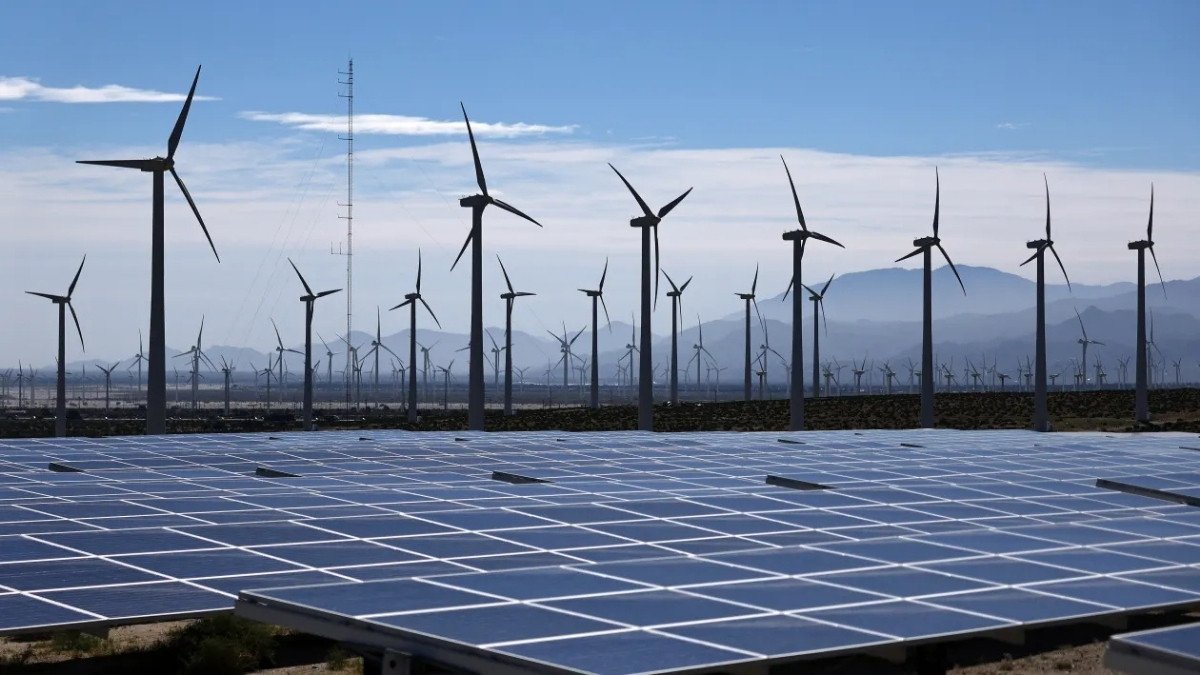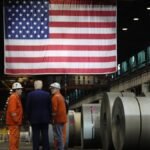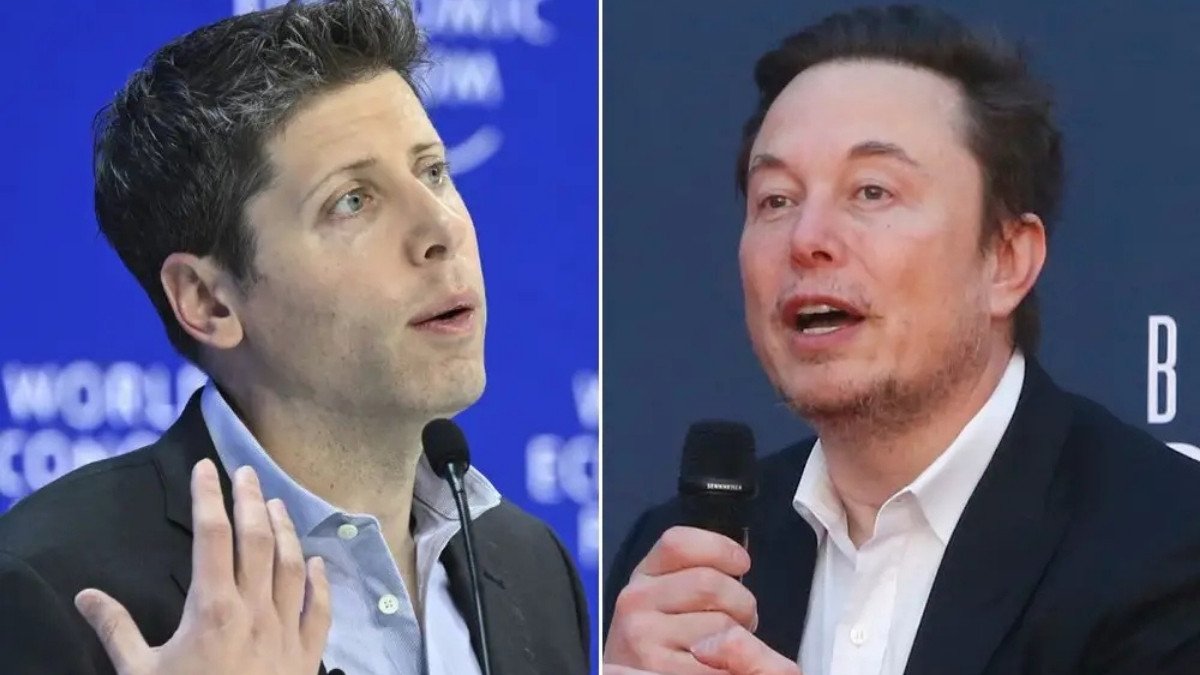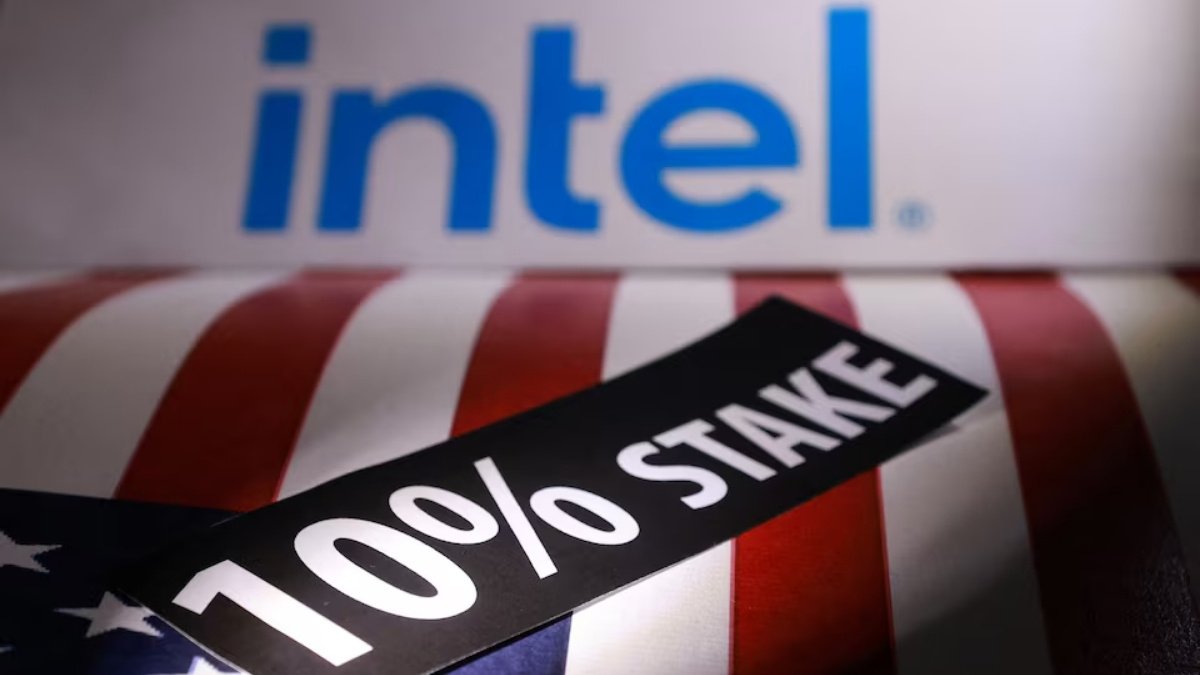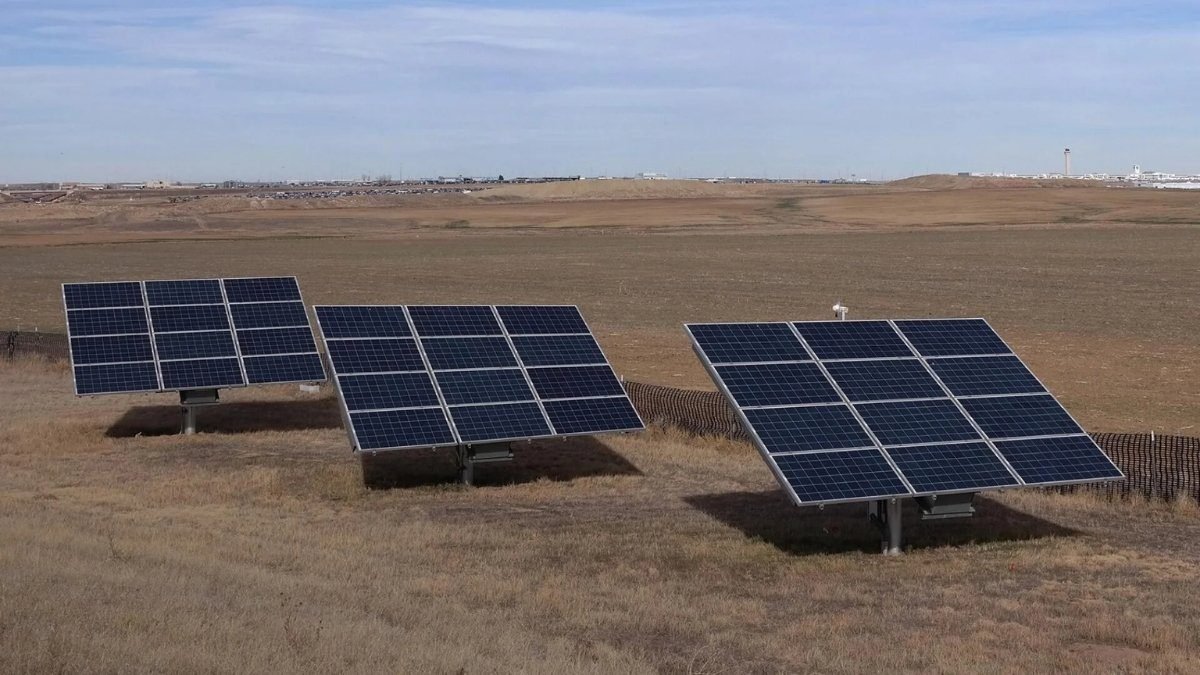President Donald Trump said Wednesday that the United States will not move forward with new wind or solar projects. His statement has raised alarm across the renewable energy industry.
Trump wrote on Truth Social, “We will not approve wind or farmer destroying Solar. The days of stupidity are over in the USA!!!” He has long criticized renewable energy projects.
The announcement came as electricity demand is climbing across the nation. Large data centers, manufacturing plants, and growing populations are pushing power supplies close to their limits in several regions.
Renewable energy developers are now worried that permits which were once routine may no longer be issued. Trump’s remarks confirmed fears that approvals could slow or even stop entirely.
The administration changed permitting rules last month. Decisions are now concentrated in the office of Interior Secretary Doug Burgum. His office will decide the fate of all future renewable energy projects.
Companies say this change adds uncertainty to an industry that depends on long-term planning. Without clear federal support, many developers may struggle to secure financing or move projects forward.
Trump argued that renewable energy is driving up electricity prices. He blamed wind and solar for shortages on the grid and said traditional sources like coal are being unfairly retired.
The president pointed to PJM Interconnection, the nation’s largest power grid. PJM runs across 13 states in the Midwest, Mid-Atlantic, and South. It has seen higher electricity prices this year.
In a recent auction, PJM reported capacity prices rose 22 percent from the year before. The grid is facing surging demand at the same time many coal plants are shutting down.
However, energy experts say solar and battery storage are the quickest options to fill the gap. Lawrence Berkeley National Laboratory reports most new grid connection requests are solar and battery projects.
If these projects are blocked, experts warn shortages could get worse. Critics say the administration is rejecting solutions that could expand supply while meeting rising energy demand more quickly.
The Trump administration has repeatedly acted against renewable energy. The One Big Beautiful Bill Act ends federal tax credits for solar and wind by 2027. These credits have fueled the growth of renewables.
The act’s phaseout of tax incentives is a major blow. Developers relied on investment and production credits to lower costs. Without them, projects could be delayed or canceled nationwide.
Industry groups also point to new tariffs. Steel and copper, which are vital for solar panels and wind turbines, are now more expensive due to Trump’s trade policies.
Developers say these tariffs make projects harder to build at competitive costs. Combined with tighter permitting, the sector faces rising financial and regulatory barriers that could halt expansion plans.
The Department of Agriculture added to industry concerns this week. The agency said it would no longer back solar projects on farmland, a move welcomed by some farmers but opposed by developers.
Farmers who supported renewable projects now face uncertainty. Many had signed leases to allow panels on their land. Without federal support, those agreements may lose value and trust.
Clean energy supporters say Trump’s policies ignore the role of renewables in meeting demand. They argue new solar and storage projects could stabilize the grid faster than traditional power plants.
Environmental groups have also condemned the decision. They warn the U.S. could fall behind other nations investing heavily in clean energy technology. China and Europe continue to expand solar and wind power.
The American Clean Power Association said in a statement that the policy is “a setback for energy security.” The group urged the administration to reconsider its approach before shortages worsen.
[inline_related_posts title=”RECOMMENDED” title_align=”left” style=”list” number=”2″ align=”none” ids=”” by=”categories” orderby=”rand” order=”DESC” hide_thumb=”no” thumb_right=”no” views=”no” date=”yes” grid_columns=”2″ post_type=”” tax=””]
Trump’s stance has fueled strong debate. Supporters say his policies protect farmland and American industry. Opponents argue they threaten grid stability and economic growth in a time of high demand.
For now, renewable developers wait to see if projects already in progress will be blocked. The market remains uncertain as the federal government signals a harder line against wind and solar.







